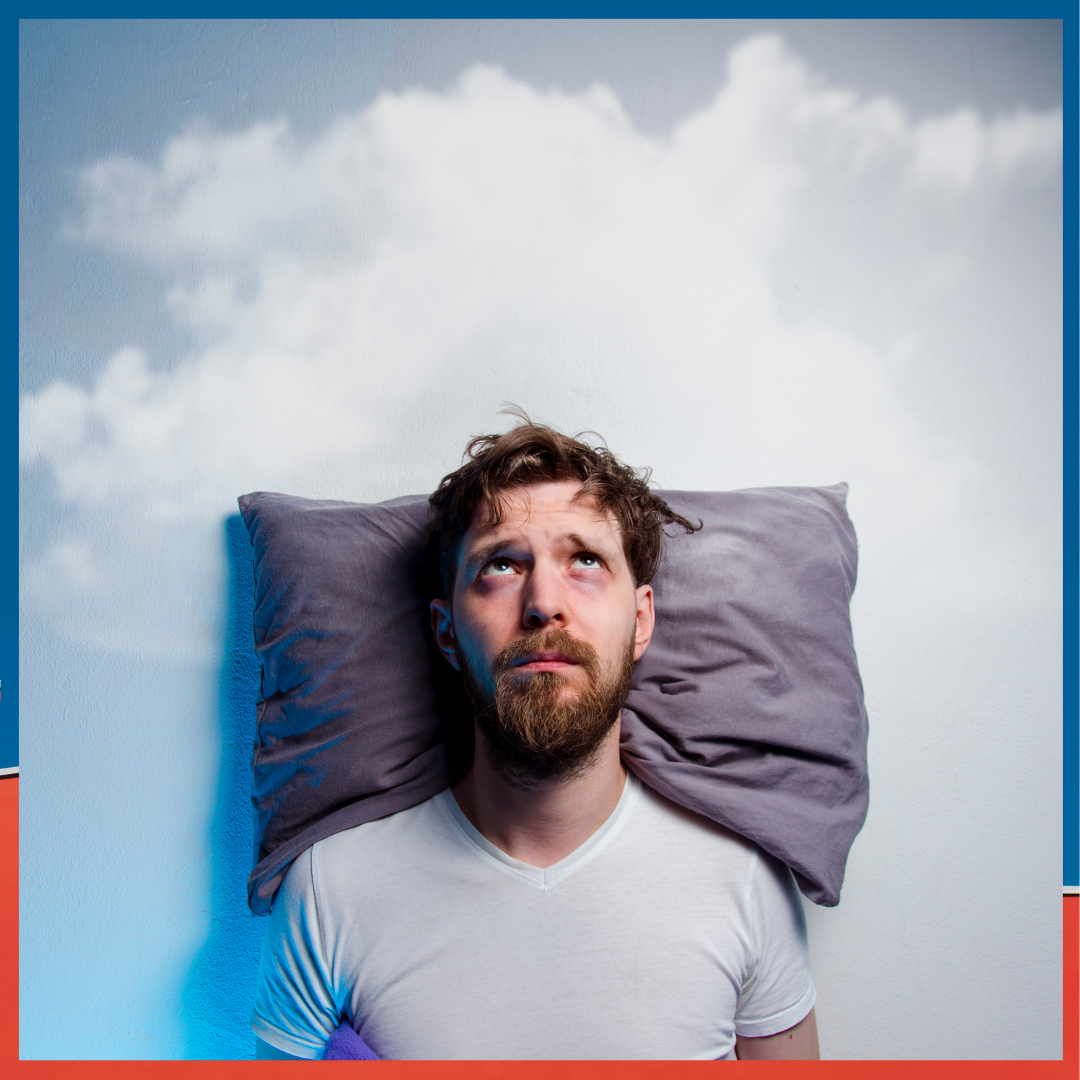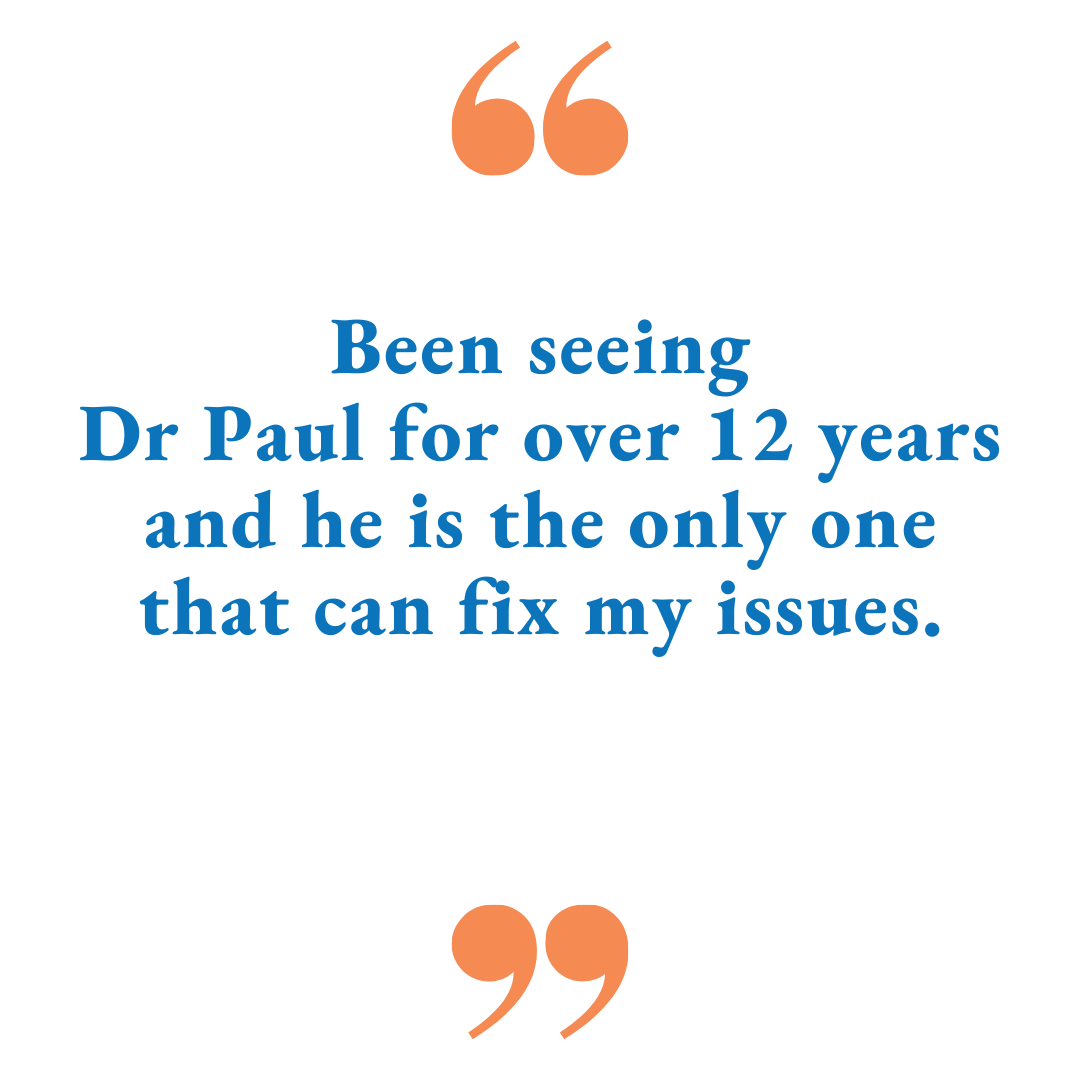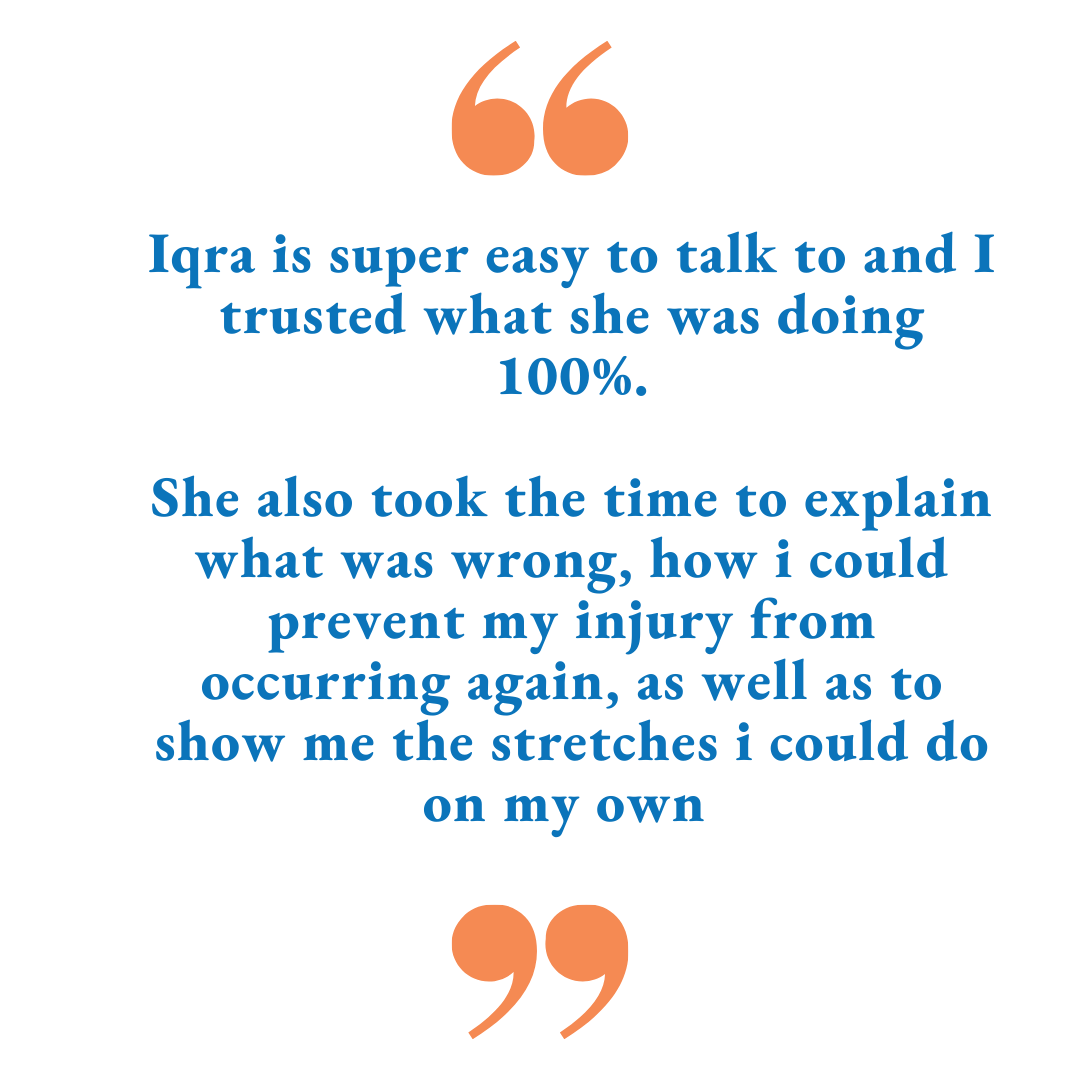7 Common Types of Insomnia Disorders

In this article we discuss:
The common symptoms of insomnia
Osteopathic treatment for Insomnia
Insomnia is a common sleep disorder that causes problems with sleeping (sleep duration or staying asleep) and has a huge impact on our daily lives. It can be caused by many things including stress, anxiety, major depression, pain, illness, chronic disease, medications, sleep disorders such as obstructive sleep apnea, restless leg syndrome and narcolepsy, side effects of certain medicines, alcohol use disorder, shift work, jet lag, and other factors. The most common cause of insomnia is Obstructive Sleep Apnea (OSA). Insomnia can have a huge impact on our mental health.
7 Types of Insomnia
1. Short-Term Insomnia
This type of sleep disorder occurs when you have difficulty falling asleep or staying asleep for a few nights in a row, but not every night. Short-term insomnia can be caused by stress, anxiety, depression, pain, medications, alcohol use, caffeine intake, shift work, jet lag, medical conditions, and more. If your symptoms last less than three months, it’s considered “short term.”
2. Chronic Insomnia
This type of sleep disturbance occurs when an individual has trouble falling asleep at night and/or waking up too early in the morning. Chronic insomnia affects about 10% of people who have been diagnosed with depression and 20%-30% of those suffering from anxiety disorders. In addition, approximately 50% of all primary care patients experience some form of insomnia. The most commonly reported symptom associated with insomnia is daytime fatigue; however, other complaints include poor concentration.
3. Sleep Onset Insomnia
This type of insomnia begins when you first try to fall asleep. You feel drowsy, tired, and restless, and your mind starts racing. Your body feels heavy and stiff like you’re ready to drop off into deep slumber. But instead, you lie awake until morning. This condition usually happens after midnight.
Insomnias associated with depression tend to occur later in the night
4. Sleep Maintenance Insomnia
This type of insomnia refers to difficulties maintaining sleep throughout the night. People who experience this kind of problem tend not to wake up feeling refreshed, and instead find themselves groggy and unrefreshed when they do awaken. They may toss and turn until morning, which makes them tired again later in the day. This condition tends to occur most frequently among those whose circadian rhythms aren’t aligned properly.
5. Early Morning Awakening Insomnia
This type of insomnia refers to awakening too early in the morning. People who experience EMA awaken before 6:00 am and struggle to return to sleep until around 10:00am. This problem usually lasts from one month to several years.
People experiencing EMA tend to wake up feeling groggy and tired throughout the rest of the day. They may find themselves unable to concentrate or perform tasks requiring alertness.
6. Mixed Insomnia
Mixed insomnia refers to having symptoms of more than one type of insomnia or sleep difficulties. For example, someone who experiences early morning awakenings along with difficulties getting to sleep could be experiencing mixed insomnia.
7. Comorbid Insomnia Disorders
Insomnia comorbidity refers to having more than one type of insomnia. For example, someone could experience difficulties initiating and maintaining sleep but also wake frequently throughout the night. This would make them meet the criteria for two separate types of insomnia: primary insomnia and secondary insomnia.
In addition, people with insomnia often find that their symptoms can shift over time, making it hard to classify insomnia strictly among the subtypes of onset, maintenance, and early morning awakenings.
The common symptoms of insomnia include:
- trouble falling asleep
- waking frequently during the night
- feeling unrested upon awakening
- having difficulty staying awake while driving,
- working or engaging in leisure activities
- being unable to return to sleep after getting out of bed.
Other signs of chronic insomnia include
- daytime fatigue,
- irritability,
- poor concentration
- symptoms of depression
- and memory problems.
Causes
There are several possible causes of insomnia. The diagnosis of insomnia should be done by a sleep specialist or doctor. Some factors that contribute to insomnia include:
- Stressful events such as divorce, death of a loved one, moving home, job loss, financial problems, relationship issues, illness or injury
- Medications including antidepressants, antihistamines, pain relievers, sedatives and sleep medications
- Other sleeping disorders such as Sleep Apnea or restless legs syndrome, mental disorders such as, anxiety disorders, Post Traumatic Stress Disorder and depressive disorder
Risk of insomnia factors
There are many risk factors for developing insomnia. Some of these are modifiable; others aren't. The following list includes those most commonly cited by doctors who treat patients with insomnia:
- Age and Gender
Insomnia tends to occur more frequently among adults aged 40 years and older. It also occurs more often after menopause. Women tend to report more frequent symptoms than men.
Additional risk factors:
You have a mental health disorder or physical health condition. Many issues that impact your mental or physical health can disrupt sleep.
You're under a lot of stress. Stressful times and events can cause temporary insomnia. And major or long-lasting stress can lead to chronic insomnia.
You don't have a regular schedule. For example, changing shifts at work or traveling can disrupt your sleep-wake cycle.
- Insomnia and aging
As we age, our bodies change, including changes in hormone levels, metabolism and body temperature which effects our quality of sleep. These factors affect how quickly we go through each stage of sleep. The older we get, the more likely we are to have trouble sleeping. This problem tends to worsen during menopause when estrogen levels drop.
Treatment options for insomnia depend on its underlying cause. If poor sleep habits contribute to your insomnia, try making small adjustments to your daily routine.
- Insomnia in children and teens
Children and adolescents who have trouble sleeping sometimes don't know why they're having difficulty getting to bed on time. Worry that something bad will happen while they're trying to go to sleep or the fear of sleep or the dark could be contributing factors to creating anxiety around sleeping and nighttime. This makes it harder for them to relax enough to drift off into slumber.
- Insomnia in Pregnancy
What causes pregnancy insomnia?
The exact reason for this condition isn't known, though experts believe hormones are partly responsible. Hormones like progesterone and estrogen play an important role in regulating sleep patterns. They're thought to be involved with changes in brain chemistry that lead to sleeplessness. Other factors include:
Frequent trips to the bathroom
Aches and pains, including headache, round ligament pain or tender breasts
Leg cramps and restless leg syndrome
Vivid or disturbing dreams
A hopped-up metabolism which increases 'bodily activities;
Insomnia Treatment Options
There are several options available when treating insomnia: behavioral therapy, medication, cognitive behavior therapy, relaxation training, and complementary therapies such as acupuncture. There are a few activities that can be done to increase melatonin release and prepare the body for sleep such as; taking a warm bath, drinking a calming herbal tea (chamomile) before bed or avoiding screens or 'blue light' at night time by keeping a sleep diary you see how your sleep patterns might change.
- Behavioral Therapy
This approach focuses on changing behaviors that interfere with good sleep habits. Comorbid Insomnia
Treatment depends on what's causing your insomnia. If you don't know why you're having trouble sleeping, then treatment won't help. But if there's something wrong with your brain chemistry or body clock, then treatments can work.
- Medications
If you take medications regularly, they could cause side effects such as drowsiness dry mouth headache weight gain nausea. So make sure you discuss all possible risks with a healthcare professional before taking them.
Some points to keep in mind
1. Insomnia affects millions of people every day and their quality of life.
2. There are many different types of insomnia.
3. Some forms of insomnia aren’t serious but others can interfere with everyday life and could be an underlying symptom of another medical condition.
4. You should see your doctor if you experience any symptoms related to insomnia.
5. Your doctor can diagnose and treat most cases of insomnia without medication.
6. Medication is usually only needed if other methods fail.
7. Sleep is essential for good overall health. It helps us recover from illness and heal after injury. It also plays a vital part in
Osteopathic treatment for Insomnia
Osteopathy has proven itself effective in dealing with various disorders affecting the musculoskeletal system and treating sleep disturbance or sleep difficulties can be one of them. Osteopaths have great experience in studying the nervous system and its functions, which is one of the main reasons behind the development of new techniques and procedures. These developments have made it easier for patients to get relief from chronic conditions by using natural remedies instead of drugs. Through releasing tension in the body by manual adjustment techniques Osteopathy can be an effective way to treat insomnia or sleep related issues.
Finding trouble getting good sleep? Request to speak to our osteopath via the Ask The Osteo button below to learn how Osteopathy may help with your sleep
Recommended Reads
See more articles on our Instagram page here
https://www.instagram.com/the.osteo.sg
What Patients Say About Us!




